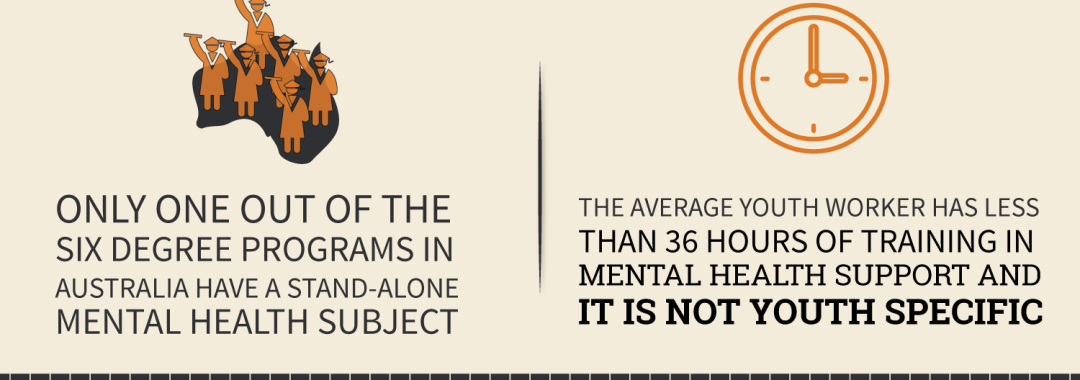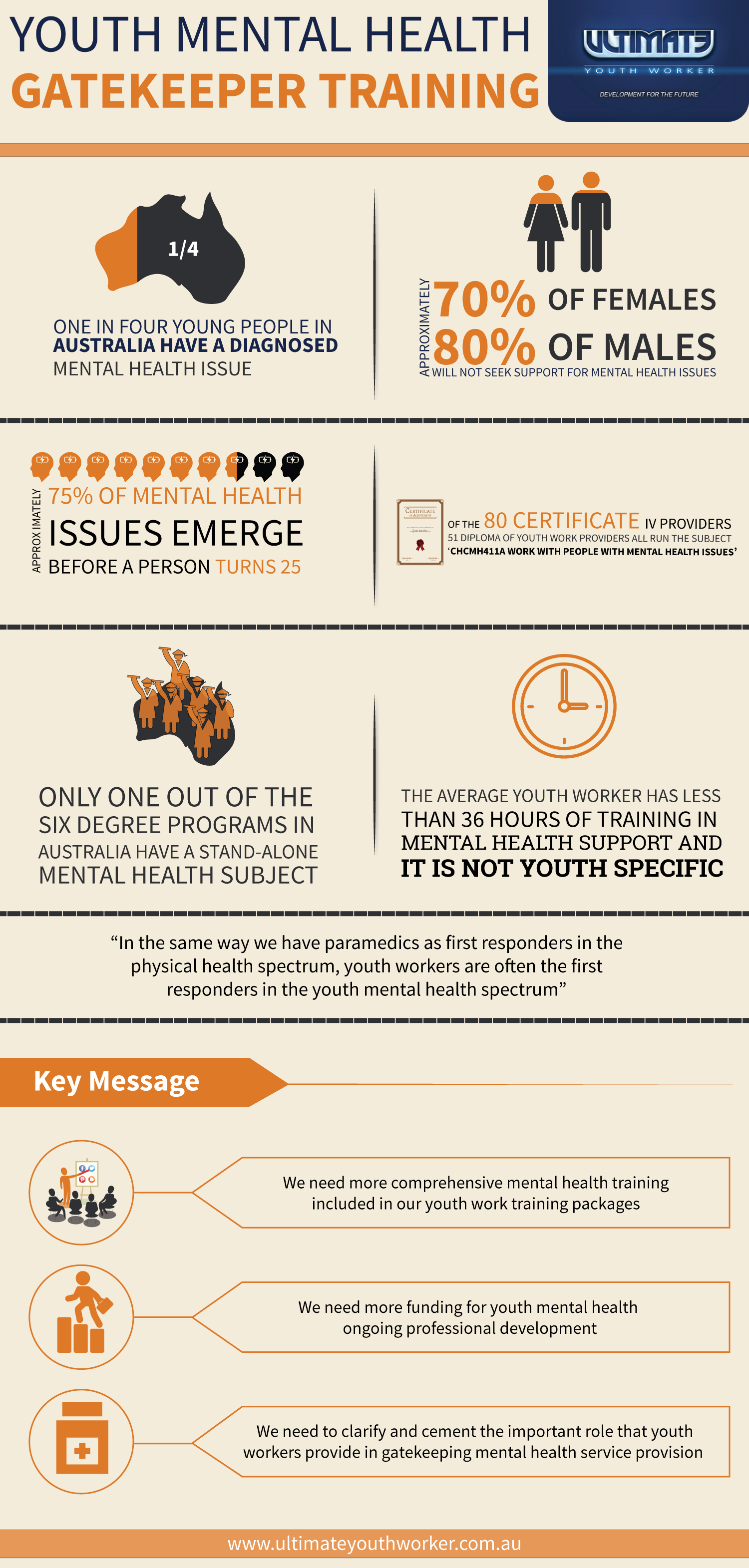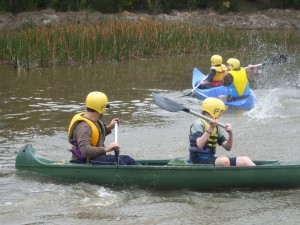
What is youth work?
What is youth work? It is a question that has haunted our profession for decades. In Australia we have attempted to frame our profession over the past few years however we keep coming up short. In todays podcast the team at Ultimate Youth Work frame this question using the current world wide definitions and our own framework of service. Controversial, probably! But it is a question we need to address if we are to cement ourselves as a profession.
We often frame our profession by what we are not rather than who we are. We do this as there is massive diversity. The range of qualifications from none at all to doctorates. The different practice situations. The issues our young people come to us with. Our different philosophical, sociological and ethical bents. We have a lot that can pull us apart. At Ultimate Youth Worker we are less concerned about our differences and more interested in what brings us together. We all care for young people. We want the best for them. Most of all we believe in their innate humanity.
Our profession is at a cross roads. Much of our previous held truths are gone. Government funding, gone. Universities protecting our courses, gone. Our very existence is threatened. Much of this because we can not answer the simple question, what is youth work? Until we can answer this question the future of our profession hangs in the balance.
If you have questions, thoughts, comments or queries we would love to hear from you, our amazing community of Ultimate Youth Worker’s.
Thank you so much for your support. If you’ve made it this far, We’d love for you to come say hi to us on our Facebook Page. You can also follow us on Twitter and LinkedIn.


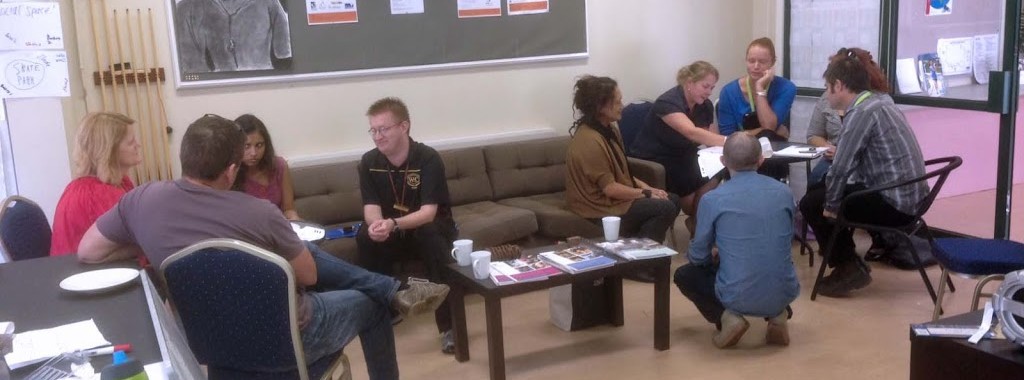
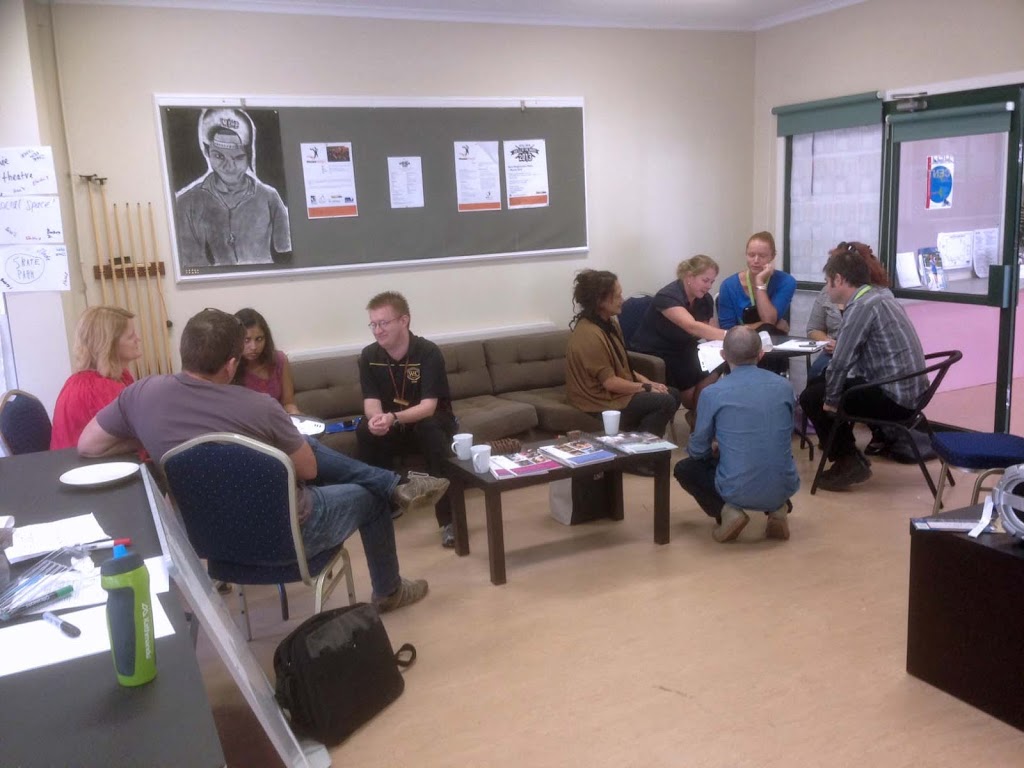
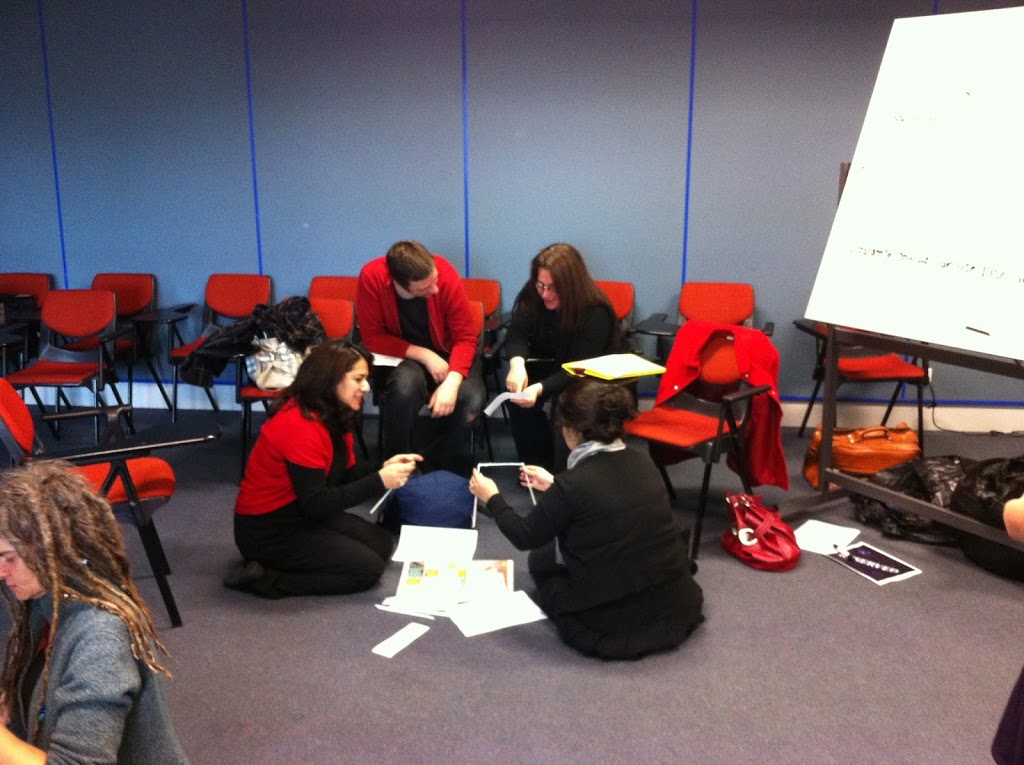


 I have a
I have a 